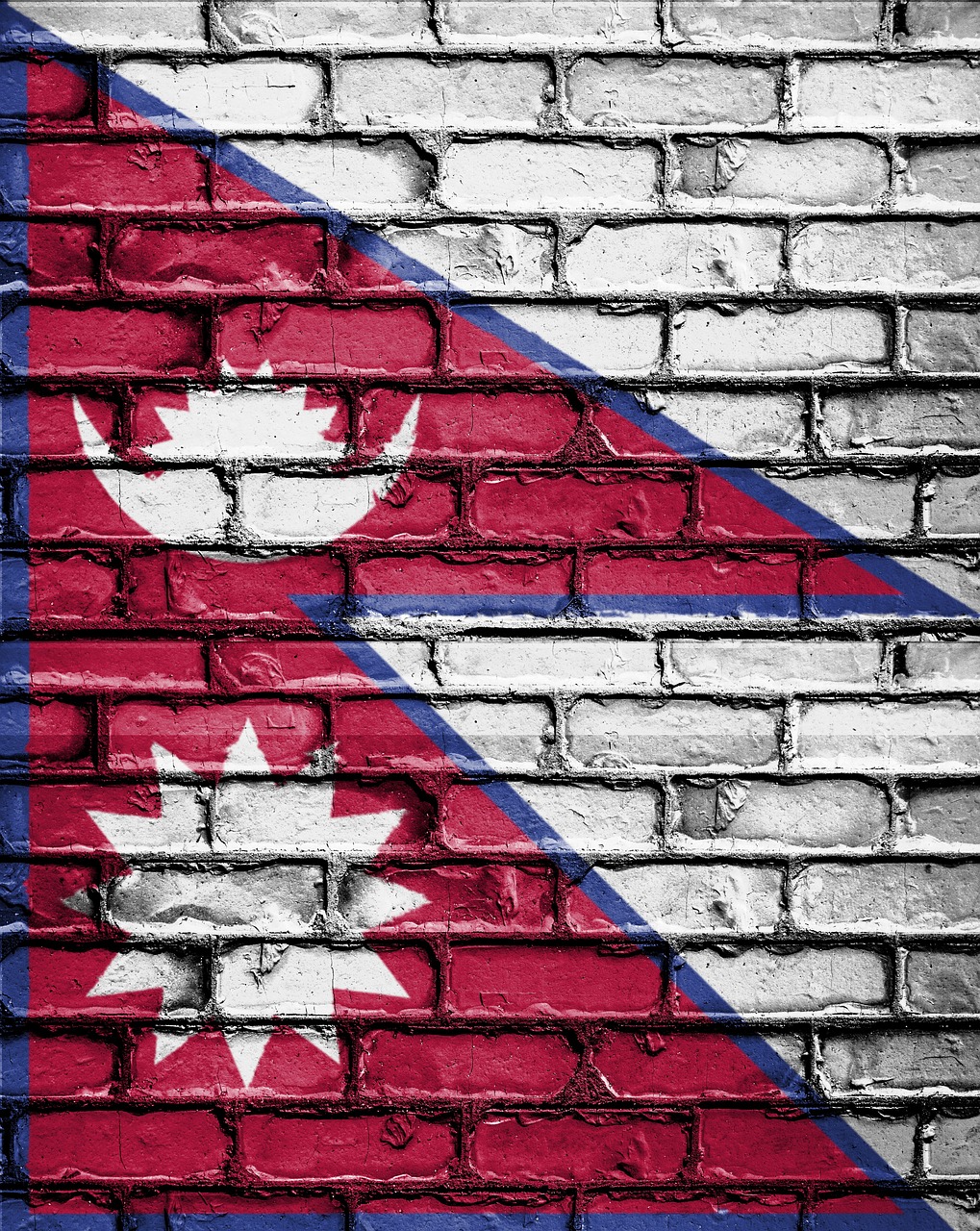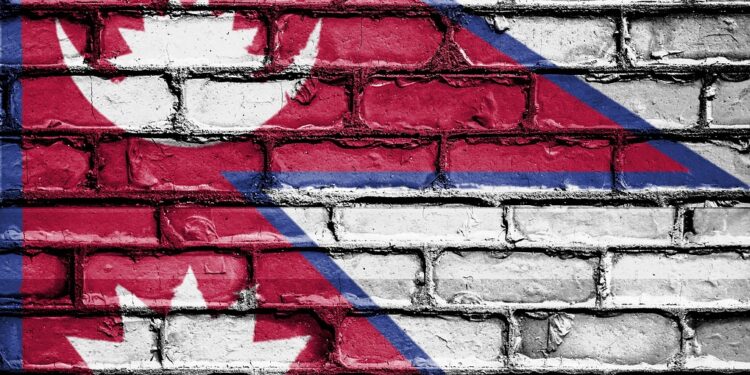Nepal finally has its first woman leader, but it came at the cost of blood on the streets. The rise of Sushila Karki as interim prime minister should have been a historic moment, a sign that democracy can evolve. Instead, it comes wrapped in mourning shrouds, with families collecting the bodies of young protesters who died fighting corruption. If that is the price for breaking a political ceiling, then Nepal’s democracy looks more like a battlefield than a system of representation.
A woman rises, but after the smoke
Karki, a former chief justice, is not new to power. She was known for her honesty, her fights against corruption, and for being one of the few women to ever hold such a high judicial post. That is why the Gen Z protesters pushed for her. They trusted her name more than the old political order that had turned corruption into an Olympic sport. Yet, she only got here after Prime Minister K.P. Sharma Oli resigned, not because parliament demanded better, but because protesters bled on the streets until power had to bend.
So yes, Nepal has its first female leader. But the irony is that it took over fifty deaths and more than a thousand injuries to get there. Should democracy demand so much blood before it gives a woman the chance to lead?

Gen Z breaks the silence
The protests that forced this change were not just about politics, they were about a generation that feels robbed of its future. Jobs are scarce, leaders are recycled, and corruption eats away at whatever little hope remains. What started with anger over a social media ban exploded into something bigger. The ban was only a spark. The real fire was years of watching the same corrupt cycle.
Young people have now forced history’s hand. And if Nepal’s democracy listens, then maybe Karki’s rise could mark the start of something new. But if the system only uses her as a band-aid, then the anger will come back, louder, deadlier.
Democracy at gunpoint
It’s hard to call it democracy when soldiers fill the streets, when bodies are lined up outside hospitals, and when families wait with grief to collect sons who died shouting for fairness. Democracy in Nepal looks like something that only moves when pushed with force, and even then, it moves reluctantly. That is why many are already saying this is not really a win for women, or even for democracy. It is a win for sacrifice.
The burden on Karki
Now the burden falls on Sushila Karki. At 73, she carries the hopes of protesters who believe she can stand above the rot. But one woman, even with integrity, cannot rebuild a broken system overnight. She can only prove that leadership doesn’t always have to come from the same corrupt male club that has ruled since 2008.
If she becomes nothing more than a transitional figure, history will be harsh. But if she shows that women can rule without blood paving the way, then maybe Nepal can begin to heal.
Democracy cannot run on funerals
A system that only reforms when its citizens die is not democracy. It is survival politics. For Nepal, the real challenge starts now. Can it turn this moment into genuine reform, or will it go back to the same old corruption once the funerals are over?

















